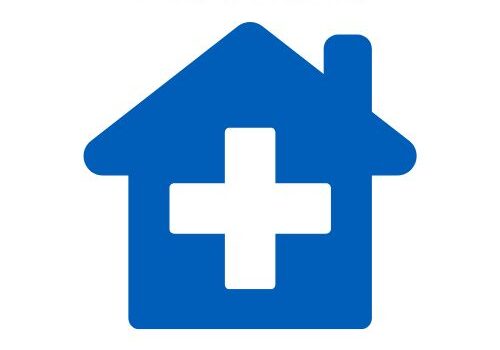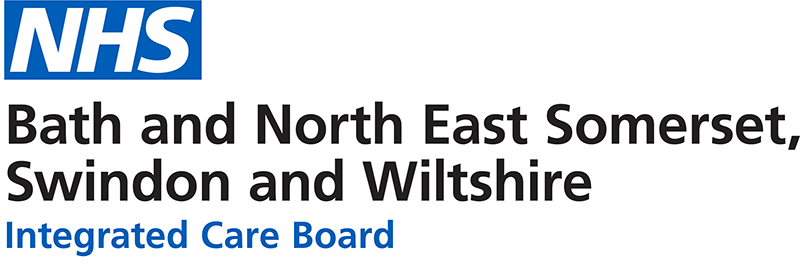Patients living in Bath and North East Somerset to benefit from Virtual Wards service

People living in Bath and North East Somerset will soon be able to receive acute clinical care from the comfort of their own homes while helping to relieve pressures on local services.
NHS@Home Virtual Wards is a joint initiative provided across Bath and North East Somerset, by HCRG Care Group, the Royal United Hospital and other local health and care organisations. The service is also offered across Swindon and Wiltshire.
The service supports suitable patients to receive a high level of care, assessment, monitoring and treatment at home or their normal place of residence, similar to being an inpatient in a hospital ward.
NHS@Home Virtual Wards, which is also sometimes known as Hospital at Home, provides a range of interventions from a team of doctors, nurses paramedics and therapists and other healthcare professionals who assess patients both remotely and face-to-face as required to provide clinical advice and treatment.
Patients who are assessed as being suitable for being cared for in their own homes may be referred to the service by their doctor or other healthcare professional.
Members of the NHS@Home Virtual Wards team will schedule regular visits, dependent on individual needs, to deliver the treatment and care required. Patients will also have access to advice and support outside of their visits.
Patients being looked after through the NHS@Home Virtual Ward service will stay in the comfort of their own home or place of care and will have a personalised care plan designed to meet their specific care needs.
Emily O’Hara, Head of Operations at HCRG Care Group and Bath & North East Somerset Community Adult Health & Care Services said:
“We know that treating people in their own homes can be really beneficial and means patients will not be waiting around in Accident and Emergency departments for a long time before starting their treatment, separated from their loved ones or away from familiar surroundings and routines.
“Patients being cared for like this are also less likely to decondition through long periods in bed as they would on a hospital ward.
“This programme also presents some tangible benefits for our under-pressure hospitals as it helps to free up beds during periods of intense pressure and means patients are much more involved in their own care.”
Dr Mark Luciani, GP Lead for Ageing Well, Frailty, Dementia & End-of-Life and Paediatric Palliative Care at BSW Integrated Care Board said:
“Whilst the service offered through NHS@Home Virtual Wards is not new, the pandemic resulted in more innovative methods being used by local teams. This service allows patients to receive the care they need in familiar surroundings but with support from the most appropriate health and care professionals.
“This is an exciting development in bringing healthcare closer to home for people and enabling closer working between different teams across hospitals, community services and primary care”.
